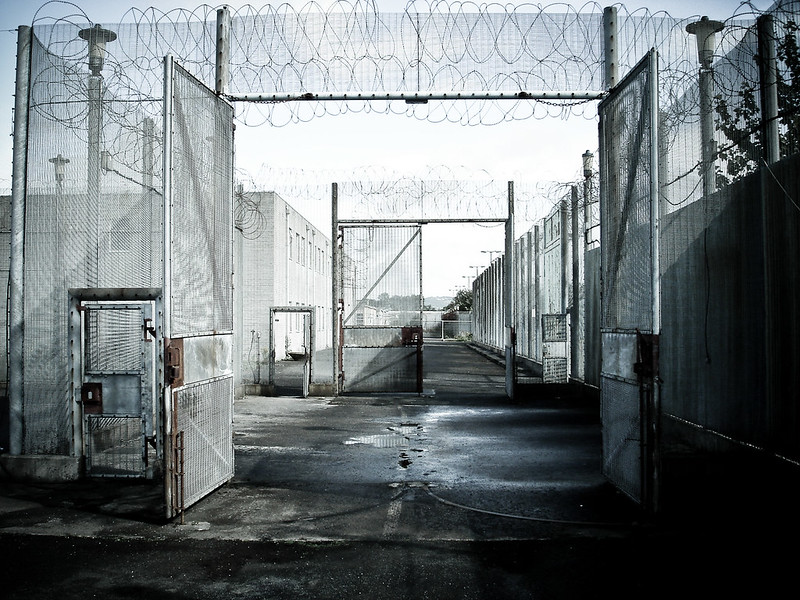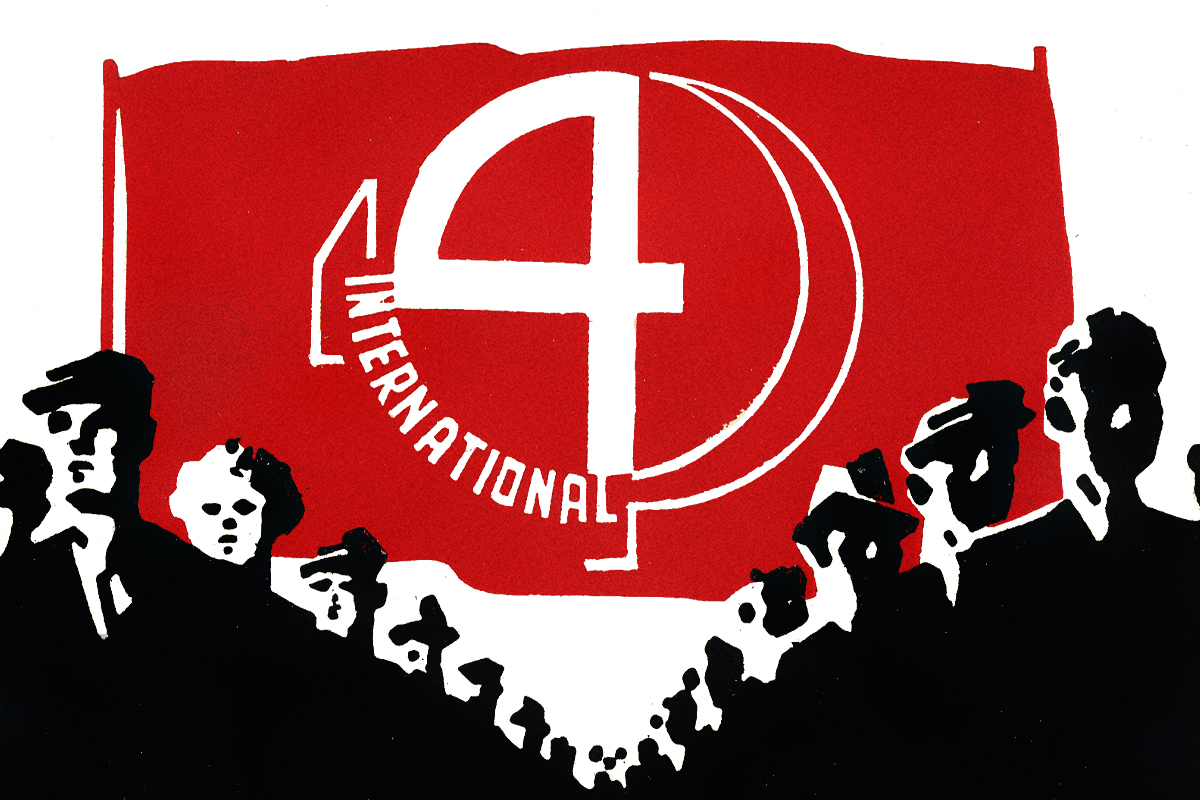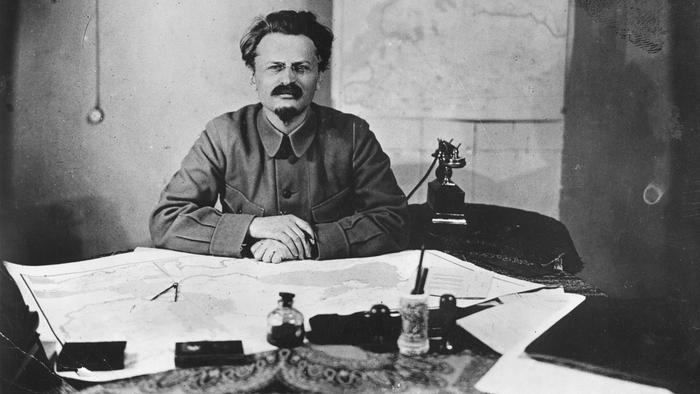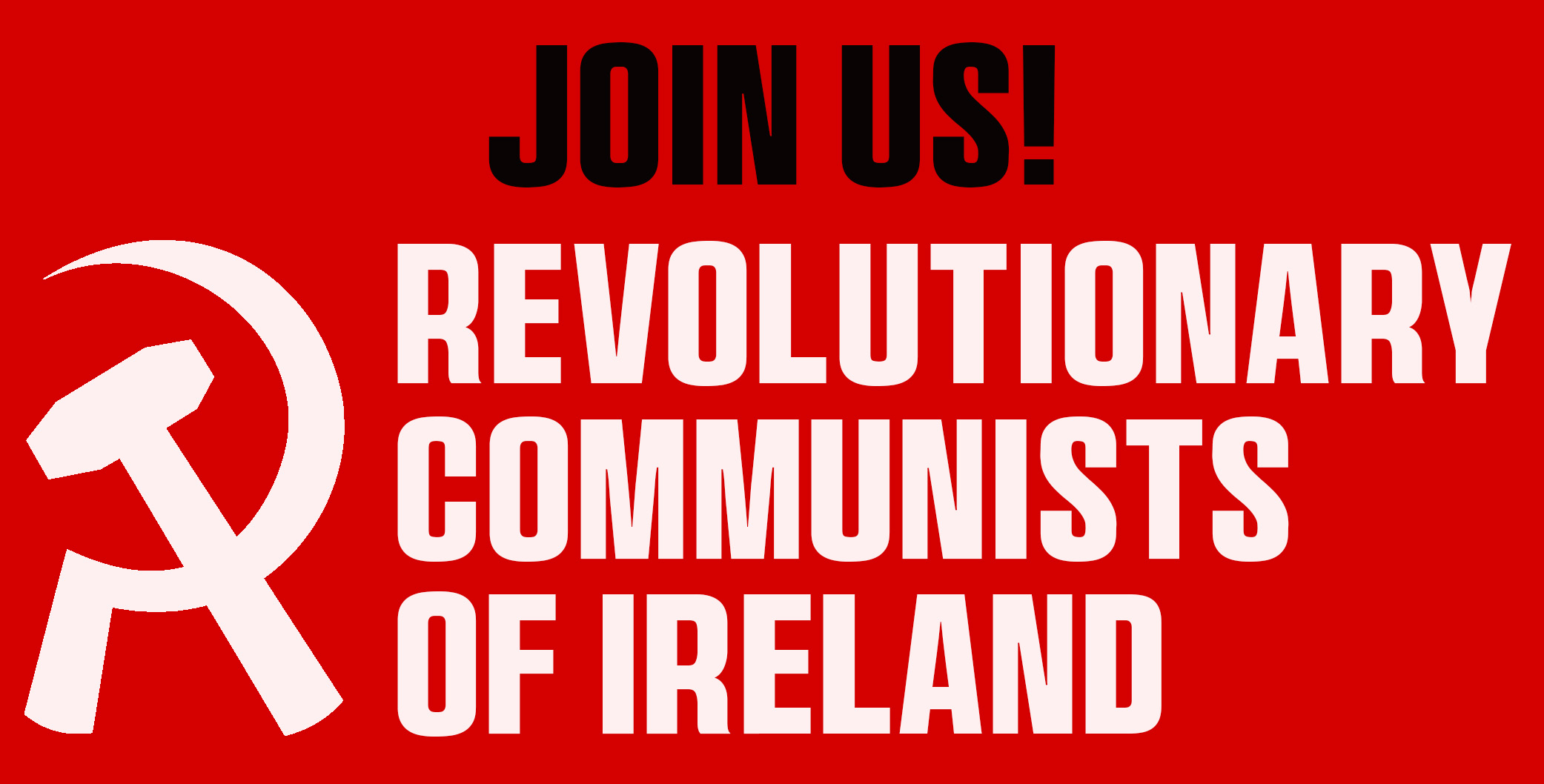In yet another brazen attempt to shield its imperialist crimes, the British government has announced its intention to ram through “primary legislation” aimed at blocking hundreds – including former Sinn Féin president Gerry Adams – from seeking compensation for their illegal internment during the Troubles.
This latest episode in the thorny saga of the Legacy Act follows a Belfast’s High Court ruling from February. The Court found the Act’s provision retroactively legalising all Troubles-era internments to be in breach of human rights law.
Enter ‘Sir’ Keir Starmer – Britain’s self-anointed defender of democracy and human rights – who swiftly vowed to explore “every conceivable way” to override the Court’s ruling. In plain terms: to rewrite the law yet again in service of British imperialism.
As Gerry Adams quipped, once Britain ruled the waves – now it simply waives the rules.
From prosecuting Kneecap’s Mo Chara on trumped-up terrorism charges to arresting dozens for the ‘crime’ of protesting the banning of Palestine Action, the Labour government is now working overtime to delay, deny, and derail justice for the families shattered by British state violence more than half a century ago.
Internment
Internment – arbitrary imprisonment without trial – was introduced by the Stormont and the British government on 9 August 1971, and launched under the banner of the infamous Operation Demetrius. Over the next four and a half years, nearly 2,000 individuals were interned – overwhelmingly from the nationalist community. The idea was to crush the IRA by simply arresting nationalist men en masse without any due process or need for evidence.
Even under British law, at least 400 of these detentions were illegal, carried out without the authorisation of the then-Secretary of State for Northern Ireland, Willie Whitelaw. These are the cases the Labour government is now scrambling to block from compensation.
To be sure, none of the remaining interments were ‘legal’ even by the toothless standards of International law. But so-called legality has never stood in the way of British imperialism in Ireland, or in any other of its colonies.
On the first day of internments alone, 342 people were dragged from their homes – nearly a third of them arrested on false information.
The imperialists’ aim was clear: to crush Republican resistance through brute force. Instead, they deepened the nationalists’ resolve and stoked the flames of the conflict.
During Operation Demetrius, the British army massacred 11 civilians in Ballymurphy, West Belfast, in the two days after the introduction of internment as ordinary people attempted to resist the arbitrary arrests. Three were shot dead in Ardoyne. Catholic homes were torched. Over 7,000 people were driven from their homes. Within 48 hours of the introduction of internments, 24 people were dead – most at the hands of the British army, most of them civilians.
And it didn’t stop there. Internment was accompanied by torture.
A particular egregious case, that of the 14 Hooded Men, was even explicitly labelled as torture by the European Commission on Human Rights. In their “deep interrogations”, detainees were subjected to prolonged wall-standing, hooding, white noise, sleep deprivation, starvation, and mock executions.
Impunity
But the imperialists miscalculated. The oppressive boots of the British army did not terrorise the Catholic community into submission. Instead, it spurred on months of marches and protests, culminating in the Civil Right march of January 1972 in Derry.
So they doubled down on the repression.
In Derry, British paratroopers opened fire on unarmed civilians, killing 14 and injuring a further 12. Bloody Sunday marked a turning point in the conflict. The British state had declared open war – they were determined to pursue a civil war on the nationalist community on their own terms.
The result? 1972 became the deadliest year of the Troubles. Streams of young people joined the IRA, the only organisation with the guns they needed to defend their communities now under relentless assault. It was not until 1977 that fatalities fell below the pre-internment levels. Hundreds of people were killed, a generation was broken, communities brutalised, and British order forced through blood and iron.
To this day, nobody has paid for these crimes.
No British politician, general, or official has been held accountable for the horrors they unleashed. One single soldier – “Soldier F“, involved in Bloody Sunday – will face trial in September this year, i.e., 53 years after the fact. All the while, the real architects of terror are celebrated as statesmen, bestowed with lordships, and granted state funerals.
And now – more than half a century on – the Labour government not only continues to deny justice, but it is pledging all its efforts in making sure none of those interned will be able to receive even a single penny for their illegal imprisonment.
Legacy Act
More broadly, while paying lip-services to the repeal of the Tories’ Legacy Act, Labour signalled they intend to keep with its spirit.
The Northern Ireland Troubles (Legacy and Reconciliation) Act 2023 (a.k.a. the Legacy Act) – concocted by Boris Johnson’s regime and enacted under Sunak – is a whitewash by design.
It halted all civil cases and inquests into Troubles-era crimes and handed over investigation powers to a supposedly “independent” body – the Independent Commission for Reconciliation and Information Recovery (ICRIR).
This commission, far from being ‘independent’ or ‘neutral’, is stacked with former RUC and British intelligence operatives, and works under the control of the Secretary of State for Northern Ireland.
To give the most egregious case, the appointed Commissioner for Investigations at ICRIR is none other than Peter Sheridan – former RUC and head of the infamous Special Branch! Independent? A rose by any other name may smell as sweet – but calling dung a rose won’t mask the stench.
To put it plainly, those who were themselves responsible and complicit in the crimes, are now tasked with ‘investigating’ them… It is a mechanism not of truth, but of obfuscation and concealment.
Labour is now moving to amend the most outrageous and illegal parts of the Act. But don’t be fooled by their so-called ‘repeal’ – they are keeping the very essence of it. Civil litigation may resume, but ICRIR’s overseeing powers stay.
Indeed, it suffices to see why they are amending the Act in the first place. In Parliament, Hilary Benn cynically lamented that the Act had blocked investigations into the deaths of 202 British soldiers – with zero mentions of the more than a thousand civilians that died in the conflict consciously provoked by the British forces.
He reassured the House that only one soldier has been prosecuted so far out of the 250,000 deployed under Operation Banner, and pledged to “ensure better protections” for the remaining 249,999 in future legislation.
The Legacy Act naturally caused outrage. The British state has already delivered ‘British justice’ for thousands of Republicans who served long sentences. The Act wouldn’t have benefited them, it merely gave impunity to British forces and those that collaborated with them. Meanwhile, those that were imprisoned under internment without even the semblance of due process are also being denied justice.
Delays, obstruction and obfuscation
And to avoid any doubt about their intentions, while promising better protections for soldiers, the government is actively working against providing justice for civilian victims.
Take the case of Martina Dillon, whose husband Seamus was shot dead by the Loyalist Volunteer Force in 1997 – a killing steeped in allegations of state collusion. The Legacy Act halted the original inquest, transferring it to ICRIR. Since, Dillon has successfully challenged in court ICRIR’s concealment of information. But Hilary Benn is now appealing the ruling – kicking the can down the road once again.
Or the case of Sean Brown, a GAA official abducted and executed in 1997, again under the shadow of collusion. The Court of Appeal found the government’s refusal to hold a public inquiry unlawful, and gave four weeks to reconsider their decision. Instead of complying, Benn appealed to the Supreme Court, only hours before the deadline.
Sean Brown’s widow (now 87 years old), has attended court 58 times since her husband’s murder. And what has the state offered her in return? Nothing but obstruction, silence, and delay – hoping, quite literally, that time will bury the truth along with her. But thousands refuse to be silenced. The government’s latest appeal was met with massive protests of thousands who see this denial of justice for what it is.
Those are but two of dozens of cases where the British government is playing a cynical game: delays, obstructions and obfuscation of the truth, placing every effort in concealing their criminal and shameful actions in the North.
Imperialist justice?
Let us be absolutely clear: there can be no real justice under British imperialism.
The crimes of internment, the “dirty war” they carried out for decades in the North, their collusion with loyalist forces, together with their obstruction and concealment today – none of these are aberrations.
They are conscious policies – part of a long, unbroken imperialist thread connecting the streets of Belfast to Gaza today, and beyond. We cannot expect imperialists to deliver justice in the North any more than we can expect a pride of lions to stand trial for the slaughter of lambs.
For decades now, victims’ families have campaigned, protested, and taken the government to court. Only to be met with contempt by those allegedly bringing peace and civilisation to the North. The so-called peace process has solved nothing. In many ways, it has rubbed salt into the wounds left by the Troubles.
The North remains an undemocratic, sectarian state. It needs to be overthrown. The only path forward is the path of the revolutionary transformation of society – an end to partition, and the building of a 32-county workers’ state.




